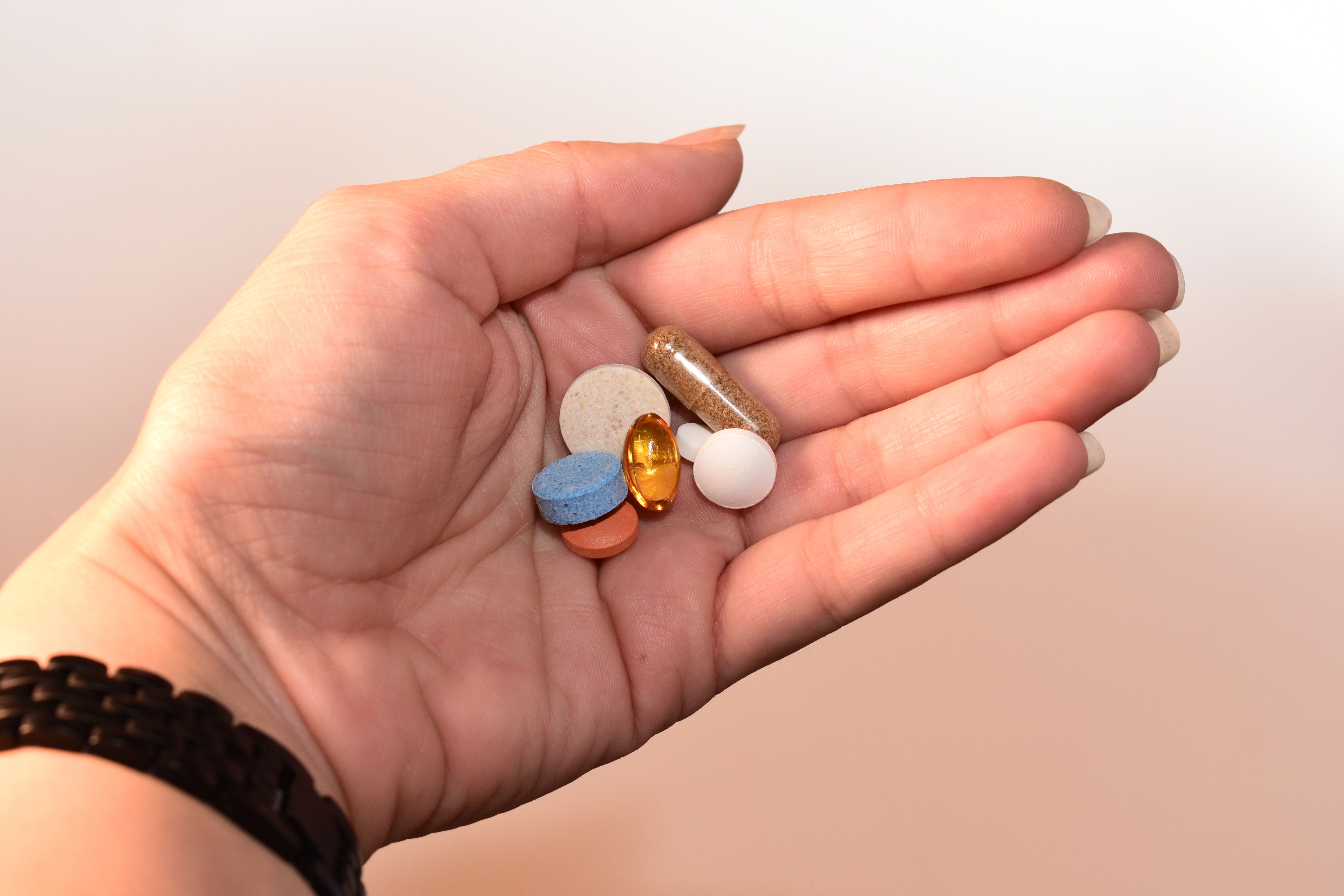More Research Needed on Psychotropic-Induced Dry Mouth for Psychiatric Illnesses
TCAs caused more examples of severe dry mouth, both objectively and subjectively, while SSRIs were associated with less severe symptoms.
Credit: Dibs Pexels.com

There remains a need for more research on likelihood and severity of symptoms of drug-induced dry mouth for patients with psychiatric disorders.1
A team, led by Cherilyn Xue Wei Teoh, School of Dentistry, University of Queensland, identified the severity of dry mouth caused by psychotropic treatments in adult patients with mental illnesses.
Oral Health and Psychiatric Treatments
While poor oral health is recognized as a common comorbidity in patients with psychiatric diseases, a key risk factor is psychotropic-induced dry mouth.
Recent research on 57 identified treatments—23 antidepressants, 22 antipsychotics or mood stabilizers, and 12 anxiolytic or sedative medications—showed that xerostomia was the most frequently reported side effect of a total of 28 identified oral symptoms among all classes of medications.
“Xerostomia can occur through several mechanisms but is often secondary to the anticholinergic effect arising from deactivation of the M3 muscarinic receptor, leading to poorer oral health outcomes,” the authors wrote. “This is a significant problem given the range of agents and frequency of psychotropic prescription.”
The Review
In the systematic review, the investigators searched several databases for randomized controlled trials measuring the severity of drug-induced hyposalivation and xerostomia.
The team identified 18 studies involving 605 patients and 8 drug classes compared to placebo with data on the severity of drug-induced dry mouth. Each of the studies was published between 20-40 years ago and included tricyclic antidepressants (TCAs), serotonin specific reuptake inhibitors (SSRIs), and other drug classes.
Of the included studies, 14 focused on objective measures of hyposalivation, while 3 investigated subjective measures of xerostomia severity and 1 investigated both objective and subjective measures of severity.
Moreover, objective measures used 1 of 2 validated techniques that have been shown to give similar results and 2 studies used the stimulated spit method.
In addition, meta-analysis was not feasible owing to design heterogeneity.
The results show TCAs caused more examples of severe dry mouth, both objectively and subjectively, than any of the other drug classes, including placebo.
On the other side, SSRIs generally were associated with less severe symptoms of drug-induced dry mouth.
On the downside, the investigators could not identify data on antipsychotics or more recently available antidepressants. There was also very little information on the association between mood stabilizers and drug-induced dry mouth.
The majority of participants were deemed healthy, which limited the generalizability of the findings and only 1 study focused on both objective and subjective dry mouth.
“Psychotropic-induced dry mouth is a poorly researched area, and well-designed RCTs of newer psychotropic drugs using standardized objective and subjective measures are indicated,” the authors wrote. “Given the ongoing use of TCAs for treatment-resistant depression, prescribers need to remain vigilant for xerostomia.”
References:
Teoh, C., Thng, M., Lau, S., Taing, M., Chaw, S., Siskind, D., & Kisely, S. (2023). Dry mouth effects from drugs used for depression, anxiety, schizophrenia and bipolar mood disorder in adults: Systematic review. BJPsych Open, 9(2), E53. doi:10.1192/bjo.2023.15